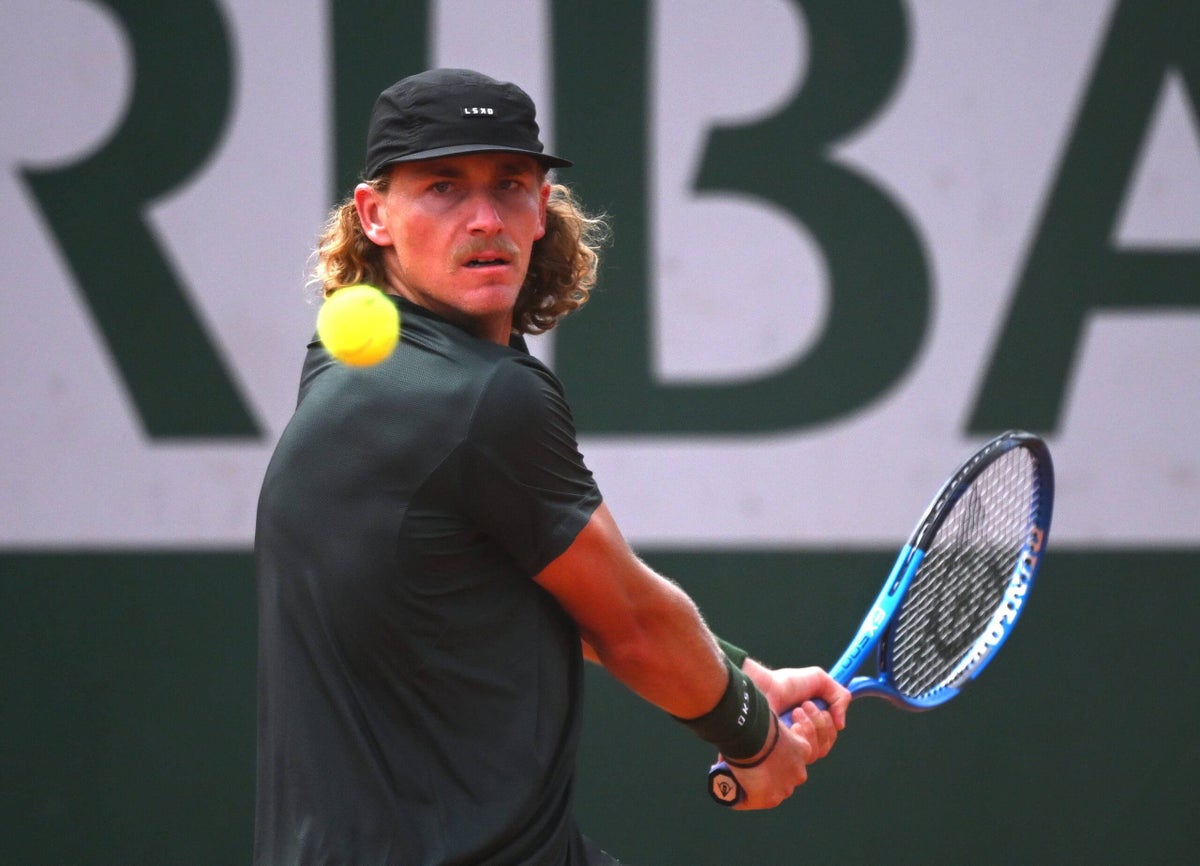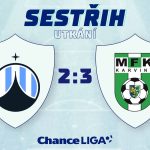

Max Purcell, an Australian who won last year’s U.S. Open men’s doubles event, has accepted an 18-month suspension for breaking anti-doping rules.
Purcell was provisionally suspended in December 2024, after admitting to breaching Article 2.2 of the Tennis Anti-Doping Programme (TADP), which relates to “use of a prohibited method.” Purcell did not test positive for a banned substance, but received two intravenous infusions of over 500ml on December 16 and December 20 2023. The allowable limit under the TADP is 100ml, within a 12-hour period.
Advertisement
In the International Tennis Integrity Agency (ITIA) decision in Purcell’s case, it described Purcell asking “the Clinic staff not to keep receipts relating to his infusion,” in messages sent to another professional player. Purcell also “discussed ways in which he could justify receiving infusions, including feigning illness.”
The ITIA found “a significant degree of fault or negligence” on Purcell’s part, but did not determine that the evidence in his case met the threshold for his violations to be proved intentional. He therefore received a two-year ban, which has been reduced by six months for “Substantial Assistance” in the investigation.
“This case has been going on for months, seriously affecting my quality of life,” Purcell said in a statement.
“From being unable to eat and sleep properly, to refusing to be by myself, to developing nervous and anxious tics which I still currently battle day to day.
“I’m so glad this is finally over for me and I can move on with my life.”
Time served under provisional suspension counts against the ban, meaning that Purcell’s suspension will end on June 11 next year. Purcell will also forfeit results and prize money from the date of his first violation (16 December 2023) to the first subsequent negative doping control sample, which was provided on 3 February 2024.
While banned, Purcell will be prohibited from coaching at, or attending any tennis event authorised or sanctioned by the members of the ITIA (ATP, ITF, WTA, Tennis Australia, French Tennis Federation, Wimbledon and USTA) or any national association.
Purcell is the third Grand Slam champion to have received a doping ban in the last nine months, following suspensions for Jannik Sinner and Iga Świątek. The former is currently serving a three-month ban, after the banned substance clostebol was found to have entered his body via contamination.
Advertisement
He was initially cleared by an independent tribunal convened by the ITIA, but after an appeal by the World Anti-Doping Agency (WADA), Sinner and WADA’s legal teams reached a case resolution agreement.
Świątek was banned for one month after being found guilty of accidentally ingesting the prohibited substance Trimetazidine (TMZ), thanks to a contaminated melatonin supplement.
Purcell has waived his right to appeal. WADA and Sports Integrity Australia can appeal the decision, and if they do, the Purcell can appeal also.
ITIA chief executive Karen Moorhouse said: “This case does not involve a player testing positive for a prohibited substance but demonstrates that the anti-doping rules are broader than that. It also shows that the ITIA considers intelligence from a range of sources with the overriding aim to protect everyone covered by the tennis anti-doping rules, and ensure a level playing field for all.”
(Photo: Clive Mason / Getty Images)
This news was originally published on this post .







Be the first to leave a comment